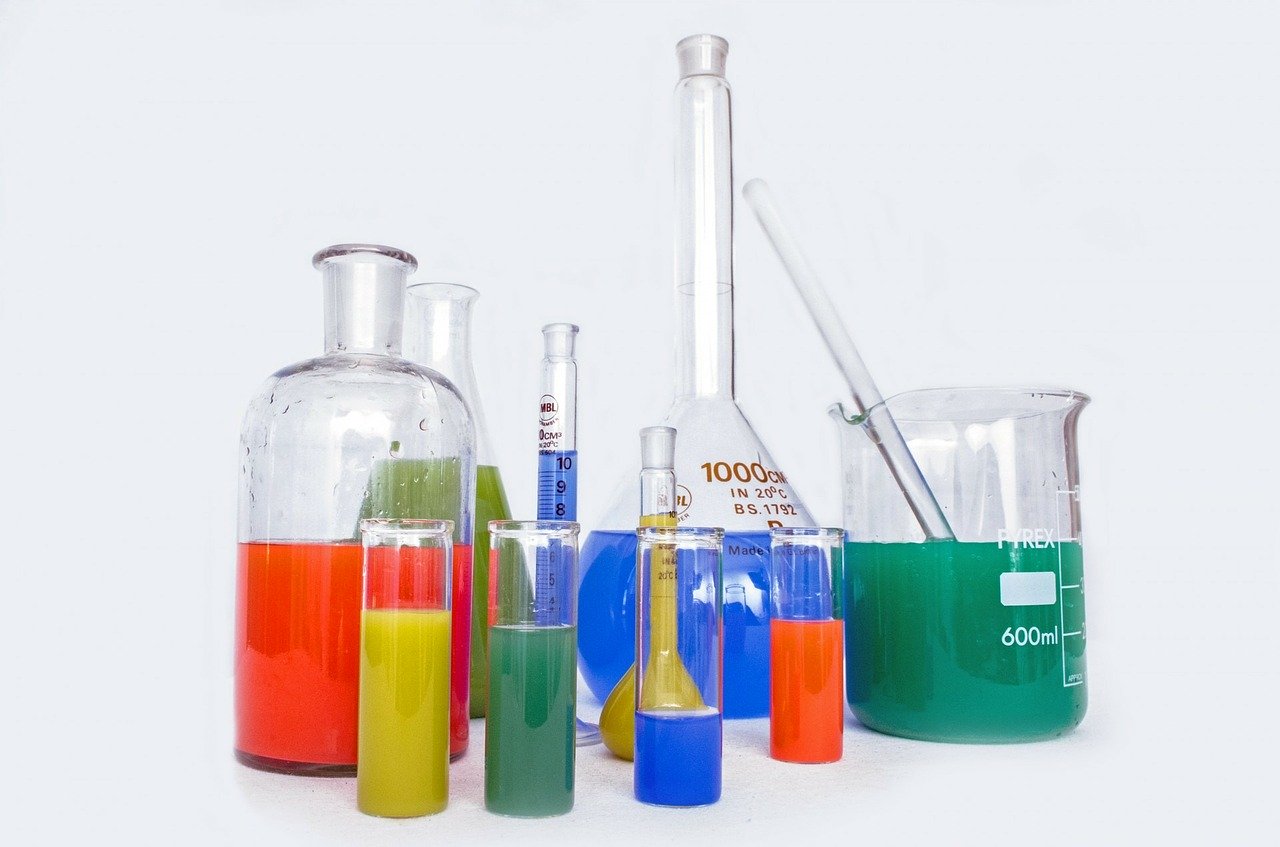Chemist
Chemists devote their efforts towards developing and implementing practical applications for known reagents and alchemical processes. While Alchemists devote their attentions to discovering the properties of possible reagents, Chemists determine how these discoveries shape the world. Most quality Alchemy Boxes are also designed by Chemists.
Career
Qualifications
A career as a Chemist is a career in the practical application of the research-centric Alchemist, and therefore requires similar training. This typically involves an apprenticeship or a patron, and a requirement to remain current with all new alchemical reagents.
Payment & Reimbursement
Most Chemists are employed in industry and paid a salary to identify applications of new alchemical discoveries within their employer's fields of business. Sometimes an enterprising Alchemist will employ their own Chemist to assist in developing alchemical mixtures with their own discoveries. Others are employed or sponsored by manufacturers of Alchemy Boxes and other alchemical safety equipment to apply their experiences to creating new, more useful tools and equipment.
Chemists are rarely self-employed, and those who are generally contract out their services for a temporary salary for the duration of the job. It is rare to find a Chemist willing to work on commission.
Perception
Purpose
A Chemist is tasked with discovering and perfecting practical applications for the discoveries of Alchemists. This involves a great deal of trial and error, and highly involved testing, not only to determine if a new application can be as useful as it appears but to also develop the most efficient and cost-effective formulas to use when applying the new process.
Social Status
Chemists are viewed highly by society, especially by those most familiar with the requirements of their profession. This is in large part due to the educational requirements required to serve as an effective Chemist, but also due to the profession's large mark on industrial processes. Chemists make the wheels turn for many branches of industry.
Operations
Tools
Chemists, much like Alchemists, have been known to invent their own tools as required, but there are some items that remain fairly standard across the industry.
For preparing samples a chemist requires an assortment of clippers and knives, dependent upon their required materials. A mortar and pestle is used to grind up dry ingredients, while a kettle or pot of water or other liquids, typically over heat, used to leech certain reagents out of their original materials. Clean unreactive containers such as those made from glass or ceramic are required for storage of reagents and potions.
Every chemist who intends to live a full life will also require an Alchemy Box to allow the safe preparation of toxic materials or reactive compounds.
Workplace
Most Chemists work in the lab or manufacturing plant where their processes are used. This allows them to directly monitor the application and effectiveness of their developed processes and make changes and adjustments as needed.
A Chemist's desk or office is typically filled with documents detailing the latest alchemical discoveries, as well as collections of more popular reagents within their industry. Most have access to a well stocked lab where they can perform rigorous experiments to verify promising new processes before implementing them within their manufacturing process.
Dangers & Hazards
A Chemist faces similar hazards as an Alchemist and must therefore take the same precautions with protective equipment including Alchemy Boxes.
Accidents in Chemist tend to occur less frequently due to the more focused nature of their experimentation and a prior knowledge as to the basic properties and reactions of their reagents as catalogued by the discovering Alchemist. Due to the large scales involved in a Chemist's work, however, any accidents which do occur happen at a much larger and more catastrophic scale. For this reason most Chemists insist their apprentices test basic principles on a small scale befote implementing larger and more elaborate testing to determine exact amounts and processes.

Chemist by Astron
Alternative Names
Alchemical Chemist
Type
Engineering
Legality
Chemistry is perfectly legal a cross Fillimet provided the all applicable safety requirements are met and followed. These requirements vary from location to location, although the basic intentions are to keep the Chemist and the local population safe from mishap.
Other Associated professions





Comments